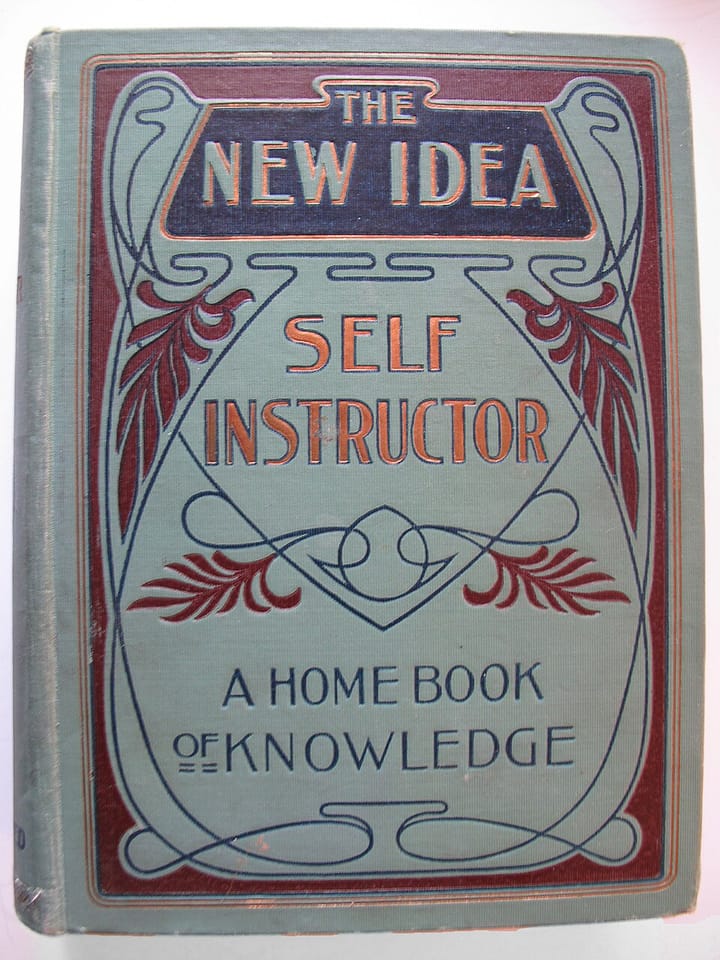Why Is It So Hard To Be Corrected?
Copyediting comes for us all


Hello friends!
I’ve been doing something very exciting and very boring. Yes, at the same time. I’m reviewing the copyedited manuscript of my book, which entails reading the book all over again (this will be the sixth time this year) and approving, or not, the changes made by the copyeditor. There are so many Track Changes bubbles, you guys. So many. On one hand—it’s getting closer to being a real book! On the other—zzzzzzzz.
This all takes place in a Word document and there are precise instructions on what to do. For my book/publisher (and many others afaik), I am to leave all the bubbles alone if I agree with the copyeditor’s changes. I should not Accept changes or delete any bubbles or clean anything up so that the page looks less chaotic. It’s supposed to be messy and weird looking at this point. It’s like the blueprint for a house. Everyone who’s reading it knows what all the lines and squiggles mean.
And tbh, if I had not worked a LOT in Track Changes before, I would be very confused. I had to email the Senior Production Editor to ask a question because something that was supposed to work was not, and we both commiserated over the clunkiness of Track Changes. We devised a workaround and it’ll be fine but yeah, it’s a pain! And before you suggest anything—no, there isn’t another way to do this. Most people have Word or can get access to it. It’s the best option we have that will work for hundreds of thousands of people working on books in the US. ¯\_(ツ)_/¯ That’s just how publishing goes.
The majority of the changes the copyeditor made on my book are fine. I mean, like 98% of them are great, necessary, and welcome. Apparently, I do not know how to use commas. It’s house style at S&S to write OK, not ok. You spell out a number like twelve bananas, but use a number when talking about chapter 12. ¯\_(ツ)_/¯ There was even one thing I did that wasn’t exactly grammatical that the copyeditor called out to the proofreader in the comments to keep as is for “novel usage.” That means I’m doing it on purpose and it’s not a mistake. Huzzah! That felt like win.
But why would I need to win my own copyediting? I’ve talked to dozens of authors while they’ve read their copyedits and it’s always inspired some kind or ire or annoyance. Yes, a copyeditor is “correcting” things in my book—some things I’ve done wrong and somethings that are just done a certain way according to house style. Writing it as ok is not wrong, it’s just not how they do it there. Have I, myself, become annoyed with the copyeditor when I see they’ve deleted yet another comma before the word “too” at the end of a sentence? Yes. Should I be annoyed? NO! It’s fine! That comma doesn’t matter! Frankly, the majority of my commas don’t matter and it’d be crystal clear when they do! English is a fluid and forgiving language! I like that about English! This person is not copyediting my book AT me! No one will see it except me and the editors/production team. All this is fine. I don’t get extra points for having a cleaner manuscript than anyone else, and neither do you.
Copyeditors are saints. They don’t deserve our ire. They save us from looking like idiots when we type complied instead of compiled. In novels, they alert you to the fact that it’s Tuesday in every scene. Many people have offered to copyedit this newsletter, and while that would be lovely, I’m ok with imperfection here. Y’all know what I mean, most of the time anyway.
So, I’m going to finish reviewing my copyedited manuscript and say a silent thank you for every little Track Changes bubble. It’s OK. It’s making me a better writer.
OXOXOXOXOXOX,
Kate




Comments ()